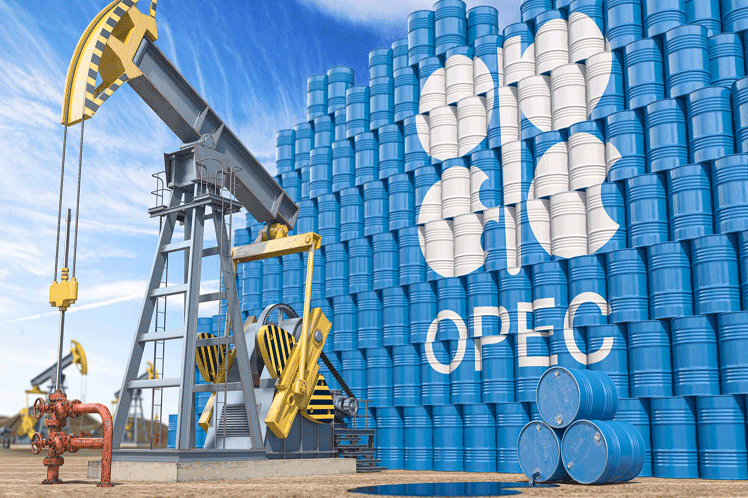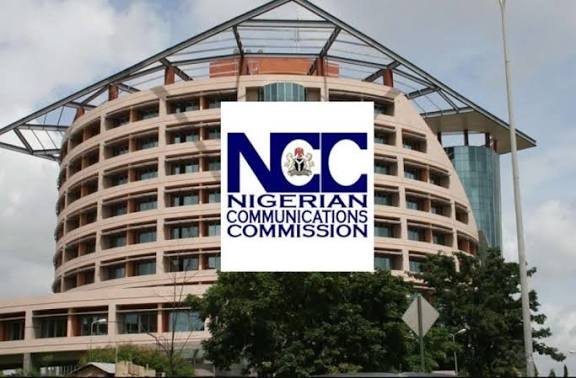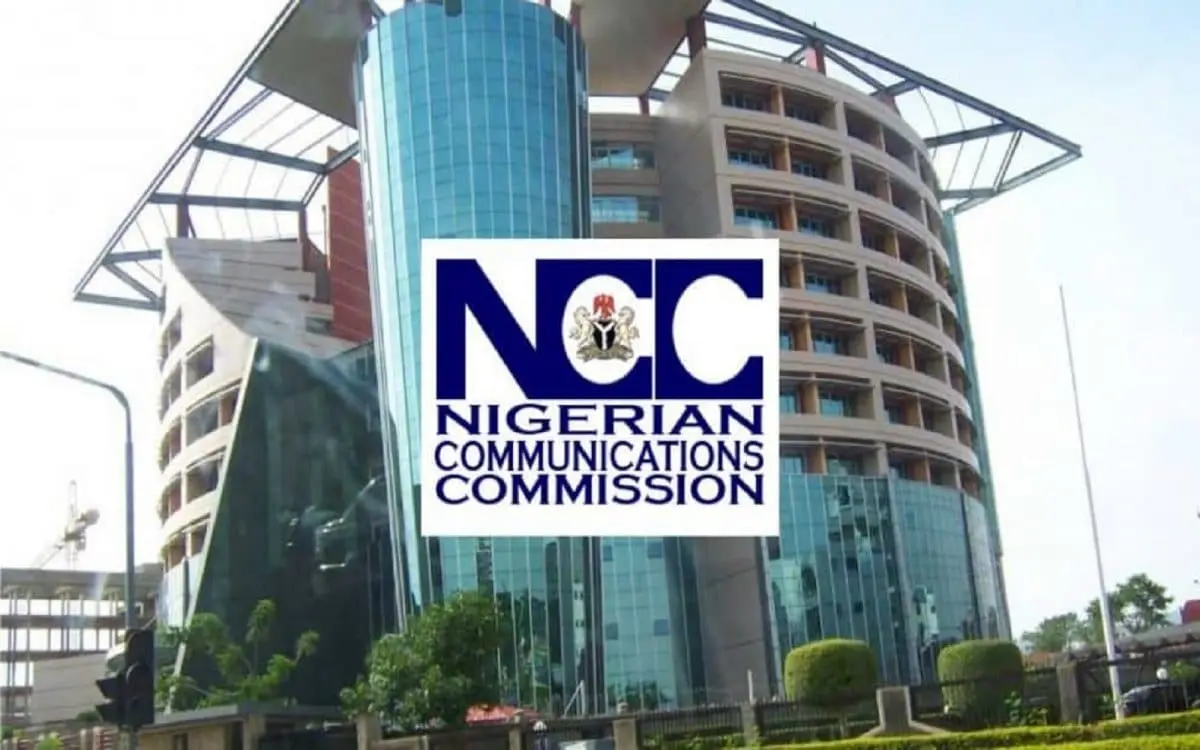By Umana Okon Umana
It is my pleasure to be part of this very important event, which is the Public-Private Partnership Summit on the Niger Delta, an initiative of the Niger Delta Development Commission (NDDC). I would like to commend the Management of the NDDC for this meeting, because it is in line with the emphasis of Government to harness the expertise and energies of all stakeholders and partners in the drive to develop the Niger Delta region. Government is totally in support of this kind of initiative conducted within the framework of due process and the best practice in public governance.
The event we are witnessing today ties back to my Action Plan to reset and reposition the NDDC, following my appointment as Minister. I have faithfully implemented the Action Plan. As part of the Plan the Board of the Commission was inaugurated. We also set in motion an era of accountability and transparency by publishing in national newspapers a list of 2,506 completed projects executed by the Commission under the Buhari administration from 2015 to 2022. The feedback to this level of commitment to openness in public governance has been tremendous. And so today we are witnessing an enthusiastic response by stakeholders and development partners to an invitation to dialogue on the development of the Niger Delta because there is trust in public institutions that are run according to law and due process. Public-Private Partnership would not be realistic in a government institution that is burdened with trust deficit.
In keeping with the Action Plan to do things right, Government approved for implementation some of the key recommendations of the Forensic Audit into the activities of the NDDC, while the White Paper on the Forensic Audit Report is being awaited. As recommended in the Report, contracts for 4000 projects were cancelled for non-performance and the cancellation was published in the newspapers. The process for recovering money paid for the cancelled contracts has begun.
The plan is fully on for the Niger Delta region to optimise the benefits from its abundant natural resources, especially oil and gas, which have contributed significantly to the national economy and development. But the region faces many challenges, such as environmental degradation, poverty, unemployment, insecurity, and underdevelopment.
The Federal Government recognizes the need to address these challenges and to ensure that the people of the Niger Delta enjoy the benefits of their resources and potential. That is why the Government established the Niger Delta Development Commission (NDDC) in 2000 with the sole mandate of facilitating the region’s rapid, even, and sustainable development. In this regard, the NDDC has been implementing various projects and programmes in sectors such as health, education, agriculture, the environment, youth empowerment, transportation and social welfare. In the process the Commission has delivered quality roads, bridges, schools, hospitals, water supply schemes, electrification projects, skill acquisition centres, agricultural inputs and equipment, waste management facilities, and scholarships. To deliver these projects, the NDDC has collaborated with other stakeholders and development partners such as state and local governments, oil companies, civil society organizations, to ensure synergy and proper coordination of all development efforts in the region.
In 2008 Government established the Ministry of Niger Delta Affairs to serve as the organising centre for all efforts directed at tackling the challenges of infrastructure development, environment protection, security, youth empowerment and all aspects of development in the Niger Delta region. Working closely together, the Ministry and the Commission have covered significant grounds in the provision of physical infrastructure, social services, security initiatives as well as youth and women empowerment. Under the Buhari administration, the Ministry and the Commission delivered a total of 2,788 physical infrastructure projects to the people of the Niger Delta. The Ministry accounted for 580 of that number while the Commission was responsible for 2,206 of the projects. In terms of social programmes during the period, 6,293 youths and women were trained and empowered.
Despite their best efforts however, the Ministry and the NDDC alone cannot meet all the development needs and aspirations of the Niger Delta people. For us to effectively address the development challenges of the region, we need the support and partnership of the private sector to complement our efforts. The private sector is vital in providing capital, technology, innovation, expertise, and employment opportunities for the region. That is why we are here assembled today to explore ways of enhancing public-private partnerships for the development of the Niger Delta. We can create a conducive environment for investment and business in the region through effective collaboration and cooperation. We can also harness each sector’s comparative advantages and competitive edges to achieve optimal results and impact.
We are open to dialogue and receptive to feedback from the private sector on ways to improve our policies and processes that would facilitate partnership and participation. We are also ready to learn from best practices and success stories from other regions and countries that have successfully implemented public-private partnership models for development.
It is my fervent hope that this Summit will serve as a veritable platform for fruitful discussions and interactions that lead to concrete actions and outcomes. I am looking forward to a new era of the most robust Public-Private Partnership for the Niger Delta region as I declare this Summit open.
– Being the text of a speech by the Honourable Minister of Niger Delta Affairs, Mr Umana Okon Umana, Nigeria, delivered at the opening ceremony of the Public-Private Partnership Summit on the Niger Delta organised by the Niger Delta Development Commission at Eko Hotel in Lagos on Tuesday, 25 April 2023






